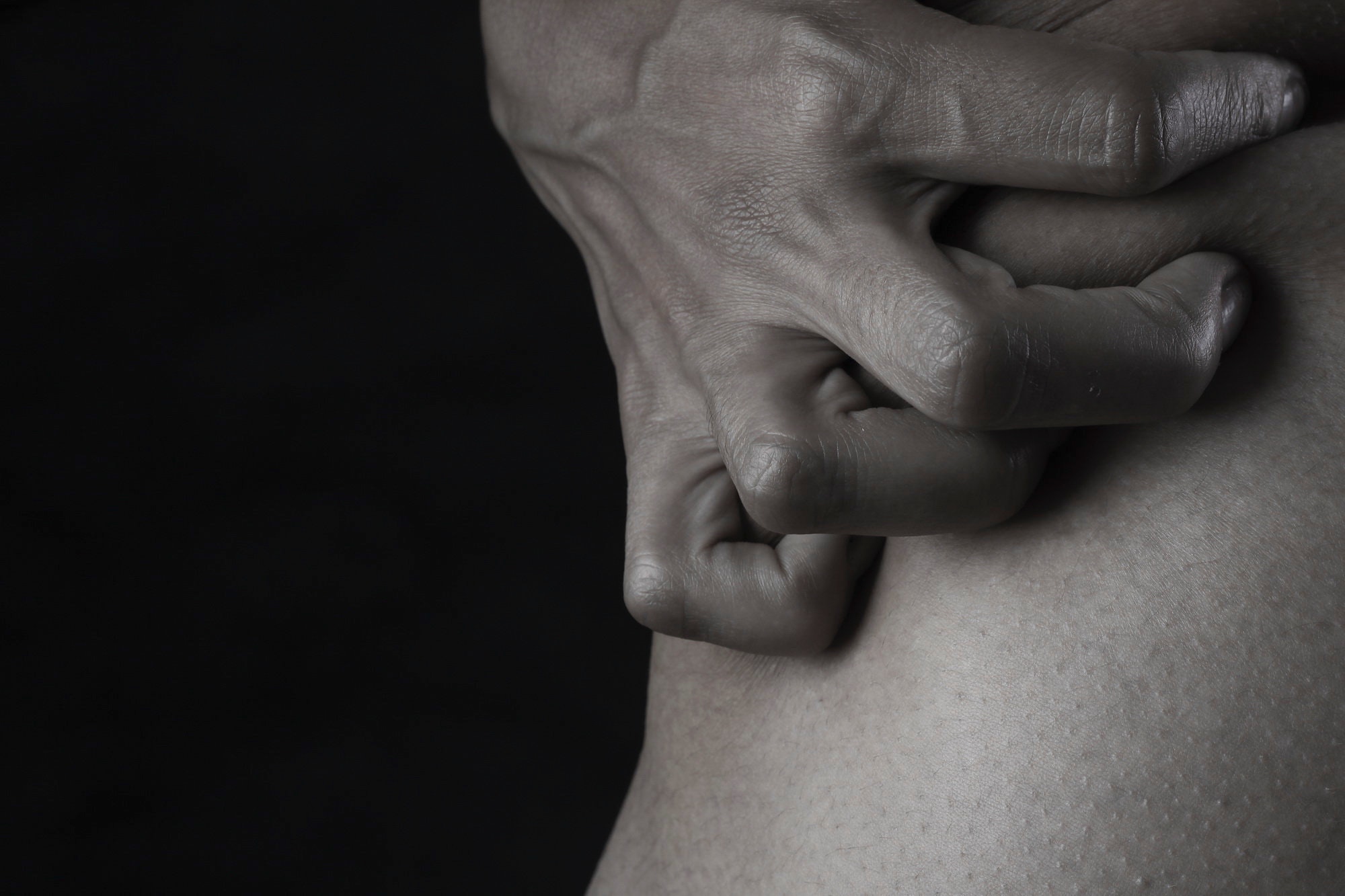Skin Problems? Go Under the Surface
/It may only be the very beginnings of fall, but it’s never too early to prepare for the harsh winter months.
For many people, the return of cold temperatures brings about some negatives s to go along with the holidays, hot cocoa and building snowmen—dry skin. Whether its on your face, hands, feet, or really anywhere, dry skin can be one of the most irritating ailments to deal with. And for some, it can affect them year round, and lead to painful cracks and bleeding.
Most people think of dealing with dry skin and other skin conditions with expensive and chemical-laden creams and serums. For some these medications may work, but there is another, more natural way to heal dry and affected skin: acupuncture.
Our skin is actually the biggest organ in our body. If something is wrong with our skin on the outside, that means that something needs fixing on the inside. So it only makes perfect sense that acupuncture is a proven remedy for a number of skin ailments and general skin dryness.
Skin conditions are a result of internal imbalances between Qi, blood flow, yin, yang, and blockages of different energy pathways within the body. When those pathways are opened up and the energy of the body is allowed to balance, our skin operates in a much healthier way.
Diana Hermann, a board-certified, Colorado-based acupuncturist explains further why acupuncture is a viable solution for many skin conditions: “Acupuncture clears heat from the lungs and stomach to reduce flushing and heat rising to the face,” Hermann explains, adding that a pooling of heat in the face and head inhibits proper circulation throughout the rest of the body.”
Whether you suffer from general dry skin or other more intense disorders like rosacea, eczema, acne, etc. acupuncture is here to help you look and feel revitalized, and refreshed.





















